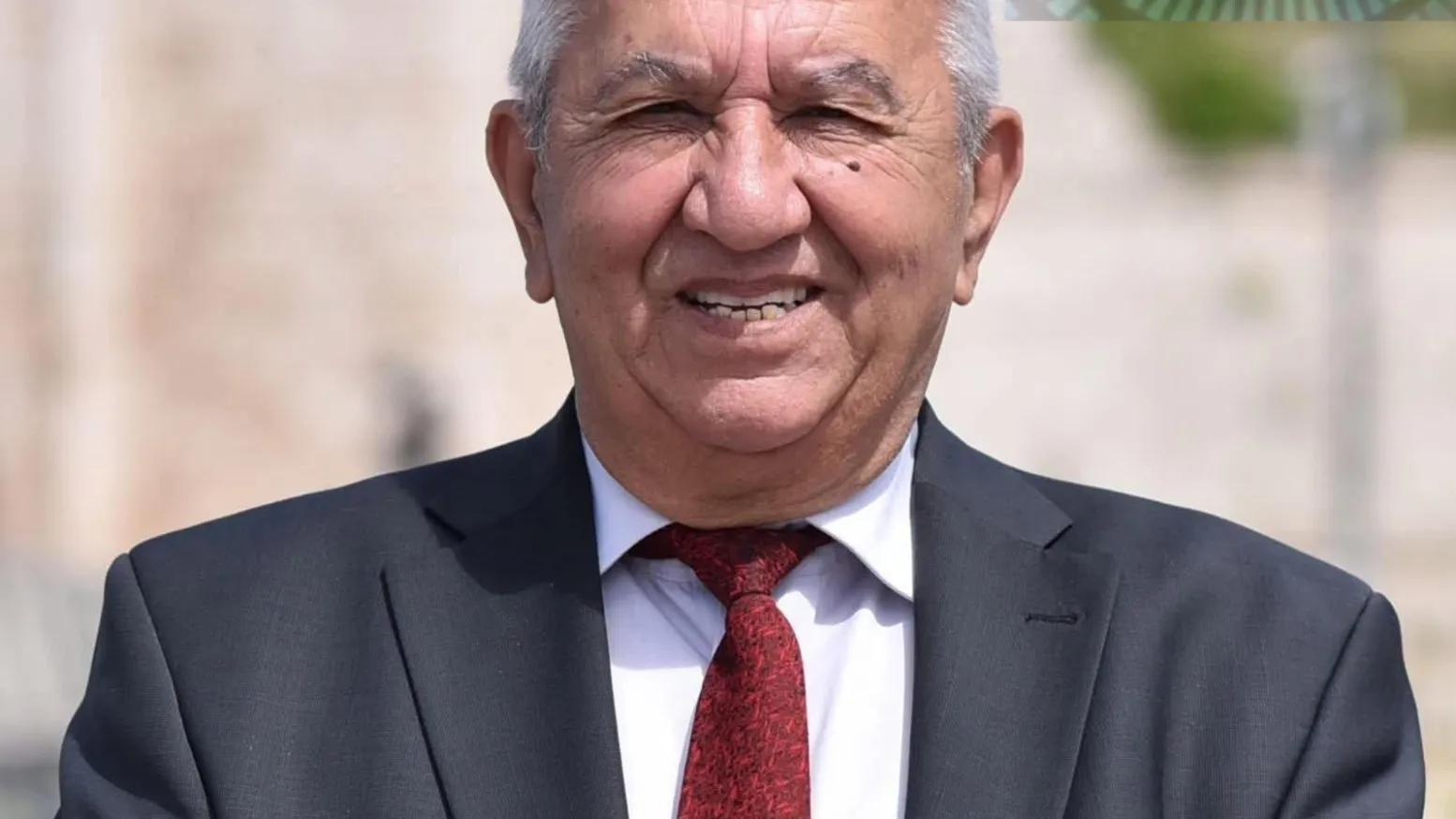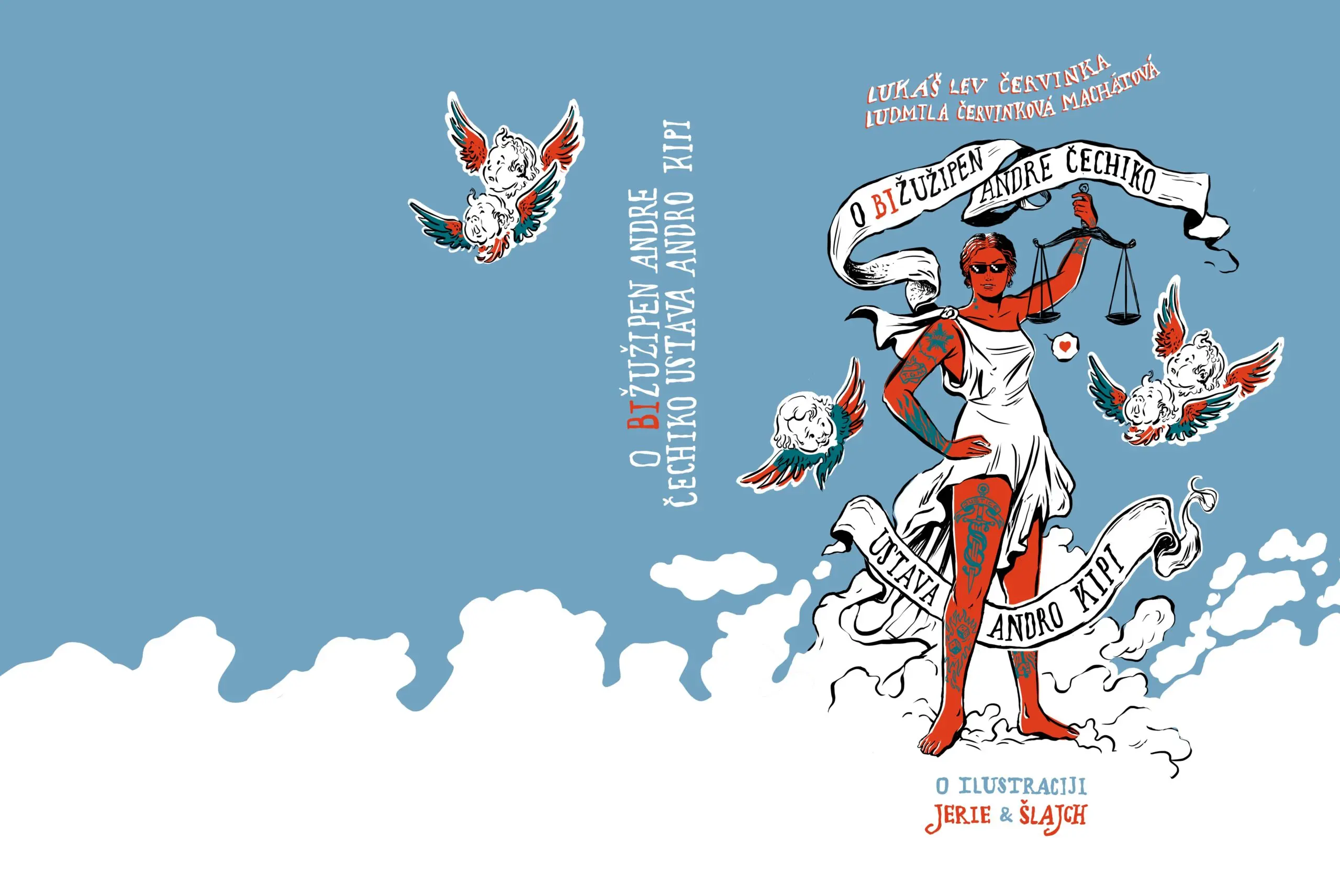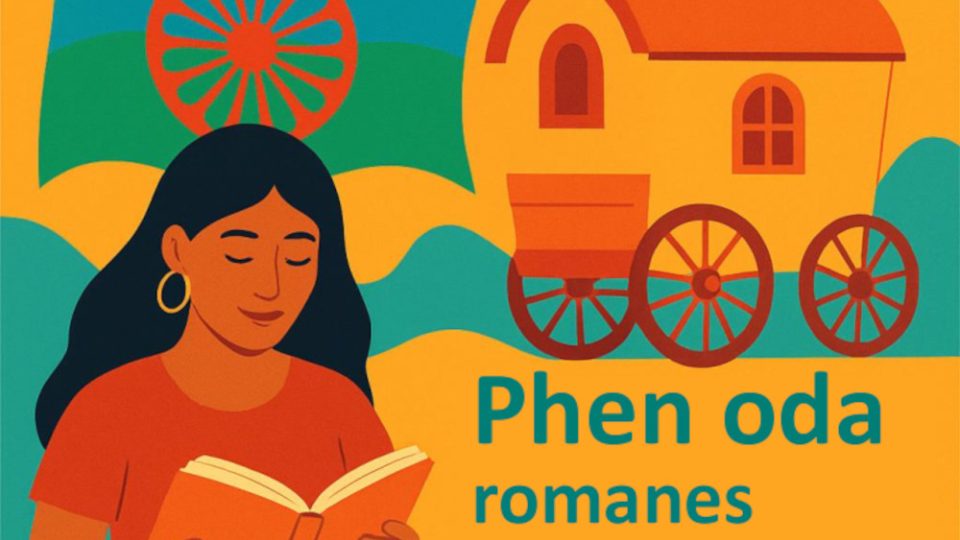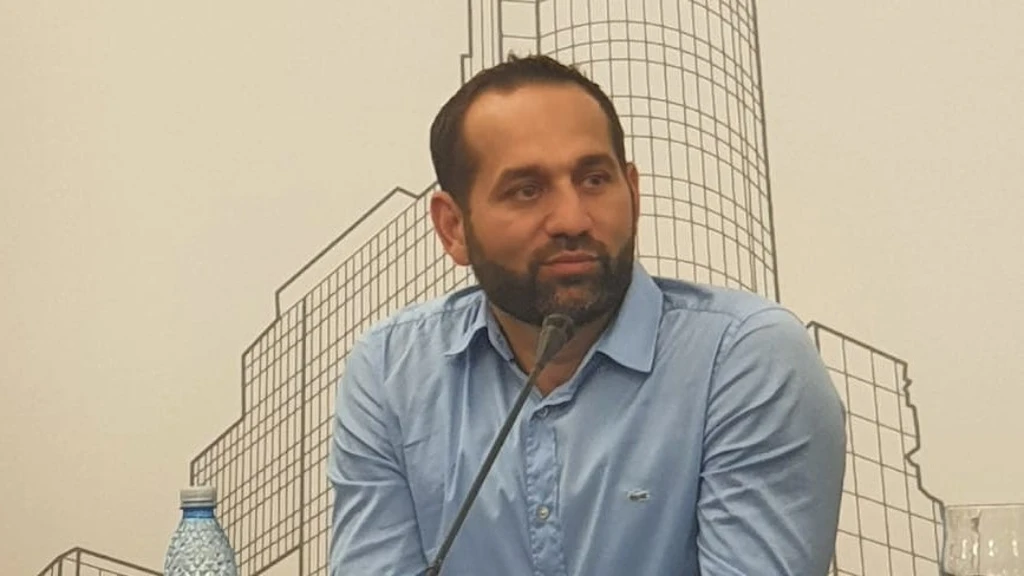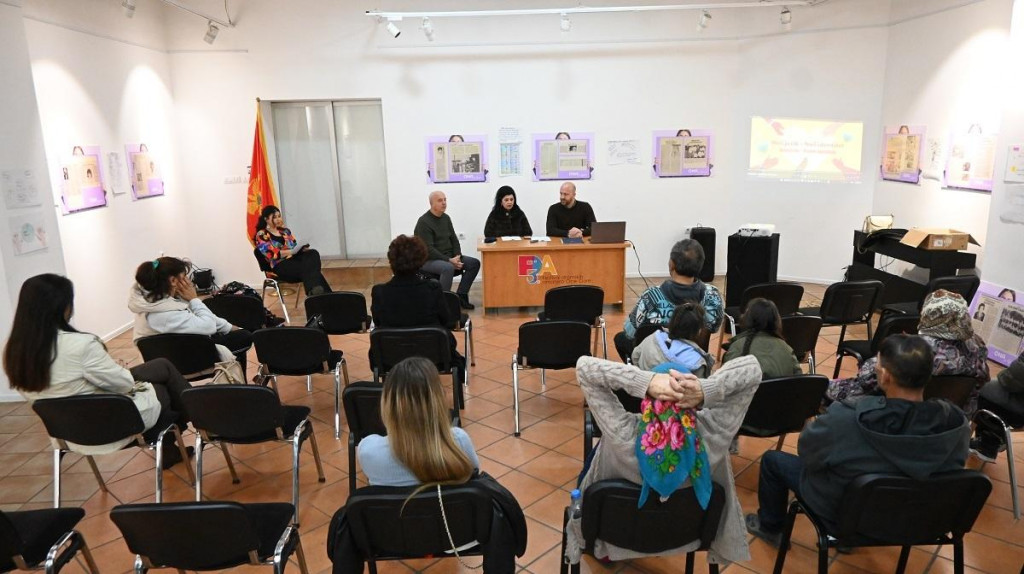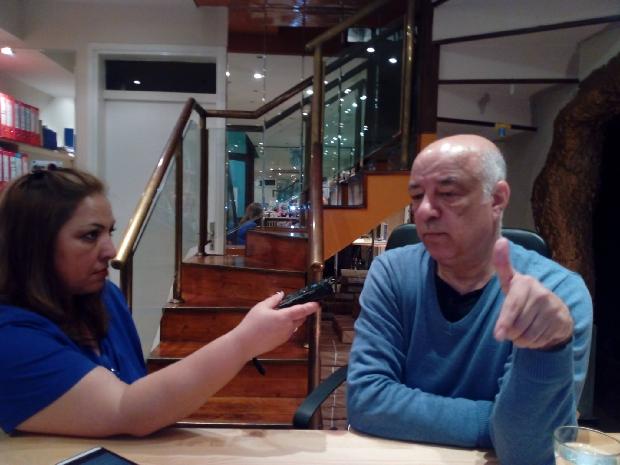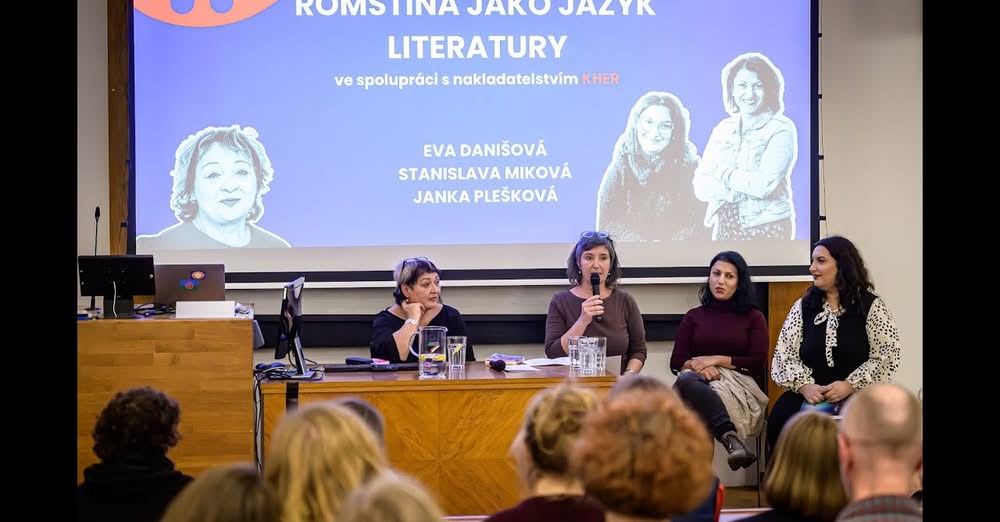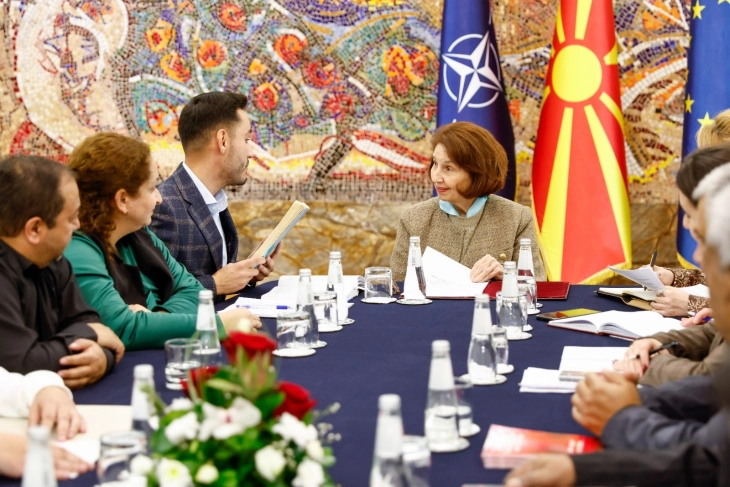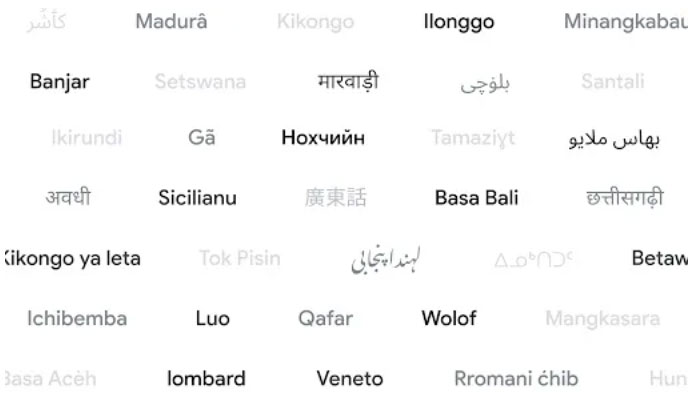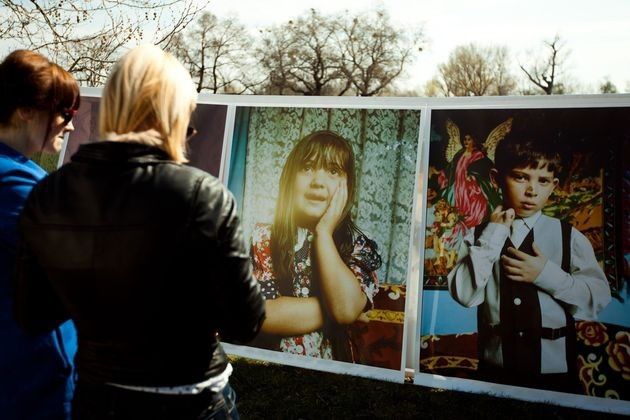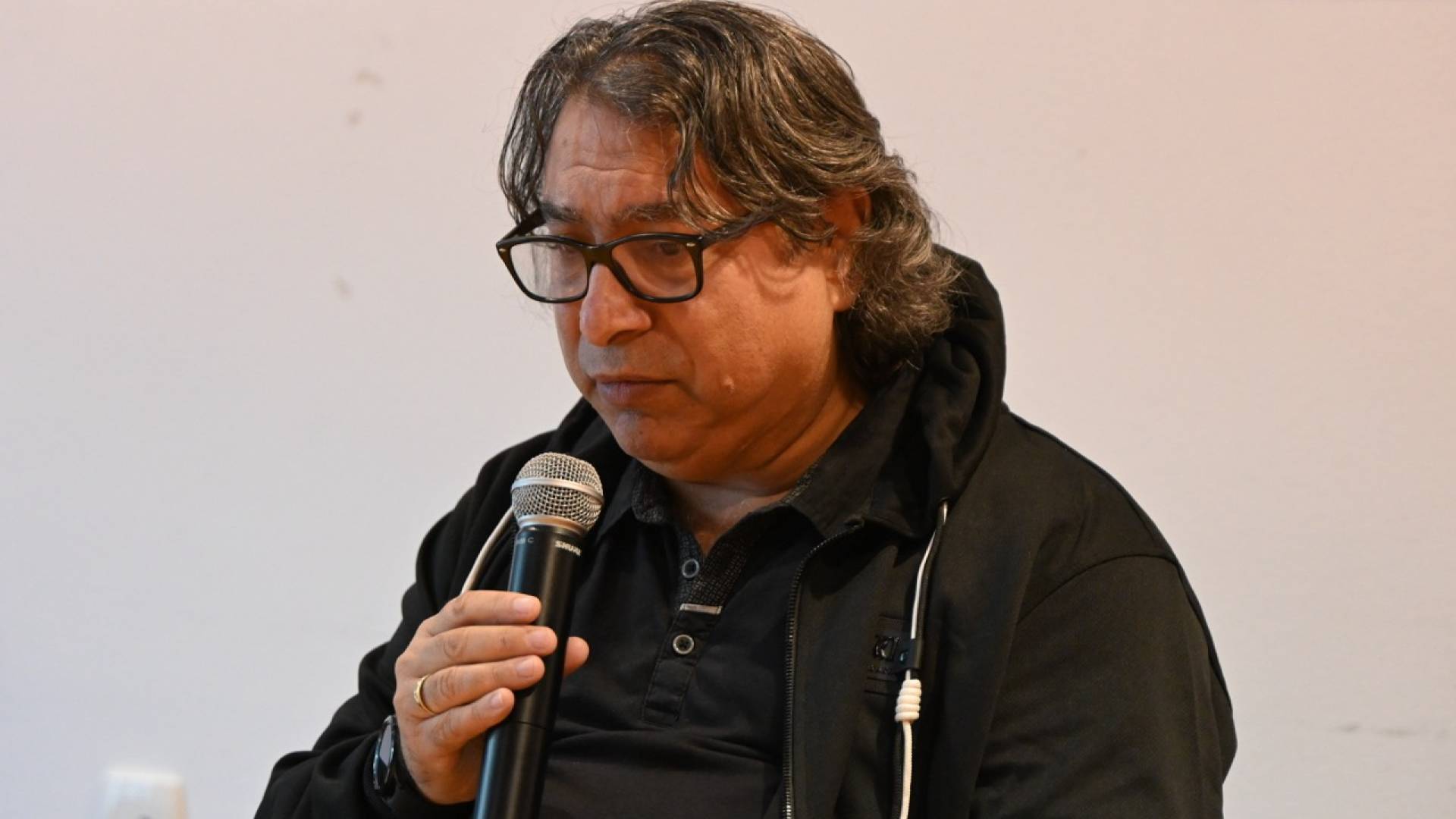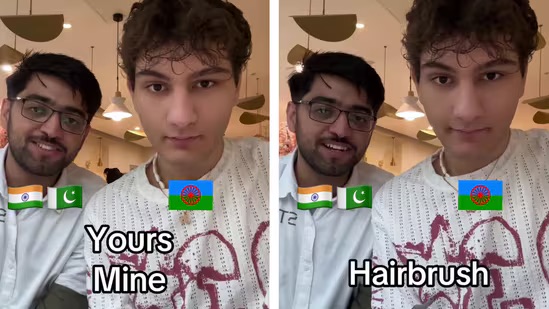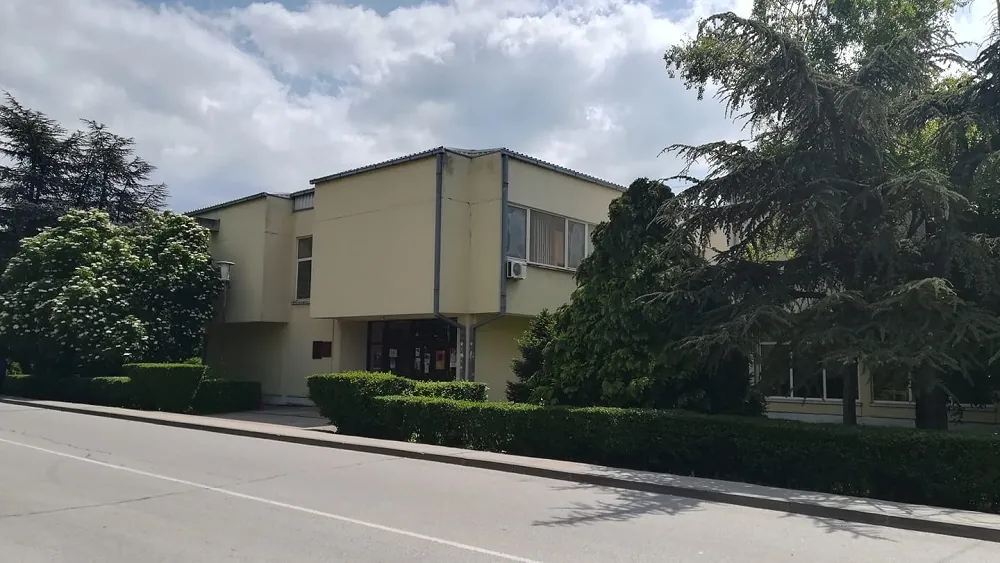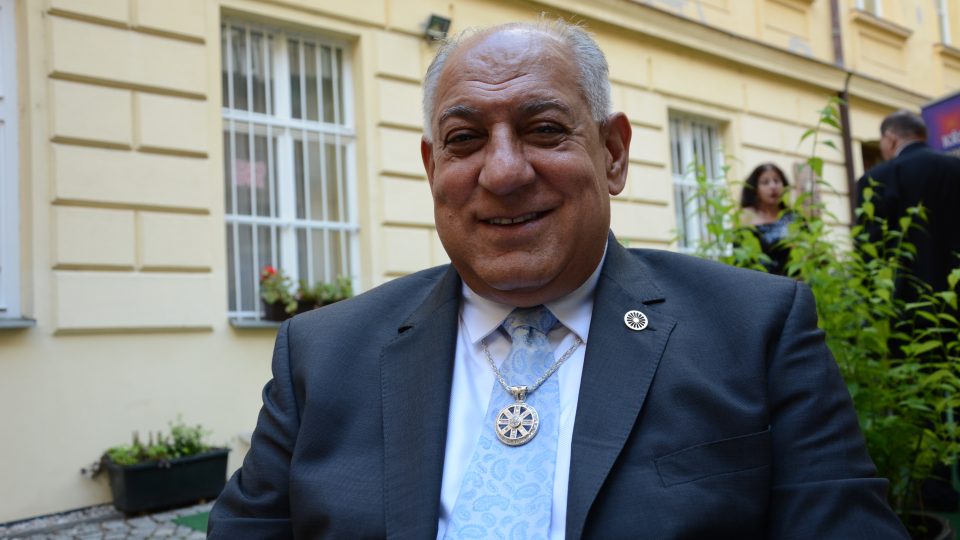Regarding the position of the Romani language and script in Serbia and the region, Salih Saitović, president of the Democratic Union of Roma, said that the Romani language is recognized almost exclusively as a spoken language, while the written form is neglected, without systemic and institutional support.
There we agree. Unfortunately, he also advocates a standardisation, which so far has not succeeded,
- SALIH SAJTOVIĆ: BEZ ROMSKOG PISMA NEMA PUNE RAVNOPRAVNOSTI, In: Vesti. 06.02.2026. https://www.vesti.rs/Jug-Srbije/Salih-Sajtovic-Bez-romskog-pisma-nema-pune-ravnopravnosti-2.html
- Salih Saitović: Bez romskog pisma nema pune ravnopravnosti Roma. In: Jugpress. 06.02.2026. https://jugpress.com/salih-saitovic-bez-romskog-pisma-nema-pune-ravnopravnosti-roma/
